How to become unforgettable at work and grow your career
If you’ve ever been passed over for a promotion, you may have questioned the quality of your work. The other candidate probably had better experience, right? But what if the answer is that you simply weren’t top of mind. Instead of focusing exclusively on building a résumé, how much time do you focus on how you’re perceived? “A lot of people think that heads-down good work will speak for itself,” says Lorraine K. Lee, author of Unforgettable Presence: Get Seen, Gain Influence, and Catapult Your Career. “Then there are people who are thoughtful about how they’re seen, but they’re not being seen by the right people in the right places.” Both can be career killers. Lee says she struggled with this earlier in her career. “I worked on really high-profile projects,” she says. “I was well liked by my peers. As hard as I pushed, I could not figure out how to get promoted and how to get seen as a leader.” What was missing was presence, Lee says. “A lot of things compete for our attention. In order to stand out, we have to be unforgettable. We have to be really intentional with our presence.” Lee started paying attention to how and where she was seen. She became more thoughtful about how she led meetings, communicated on Slack and Teams, and showed up in a room or on video. “All these different factors are what make you unforgettable,” she says. “It’s not just about having certain charisma or gravitas; it’s how you can optimize each of those things.” An Unforgettable Brand Being memorable starts with your personal brand. “When people think ‘personal brand,’ they often think, ‘That makes me feel slimy’ or ‘I’m not a company,’ ” says Lee, who is an instructor for Stanford Continuing Studies and LinkedIn Learning. “We already have a brand, and our brand is essentially our reputation.” A brand is made up of four key factors, which Lee calls your EPIC framework—experiences, personality, identity, and community. First, consider personal and professional life experiences that make you who you are today. This includes any life events that have influenced you and that make your story memorable and unique. Your personality also factors into your brand. For example, Lee says her brand includes the fact that she’s introverted. “Some might be more serious, some more playful,” she explains. “Different aspects of our personality make us ‘us.’ ” Next is your identity, which consists of your cultural background and the values that you live by when you work, Lee says. “For example, I am someone who really values relationships. I’m also someone who wants to be known for following through on what I say I’m going to do,” she adds. “My Asian American cultural background is also a part of my identity.” Finally, the fourth piece is your community. “A lot of people forget about or don’t think about community,” Lee says. “You can think you have the best brand in the world, but if others are not seeing you as a leader or not seeing you as ready to get that promotion, there’s a disconnect.” Mentors and sponsors are an important part of your community. Mentors will coach you and share their own experiences, while sponsors advocate for you. “Sponsors say your name when you’re not in the room,” explains Lee. “They open doors for you. Finding a sponsor who can help lift you up and carry you along with them as they ascend in a company is really critical. A lot of us get over-mentored and under-sponsored.” An Unforgettable Introduction Once you’re intentional about your brand, showcase it by having a unique and powerful introduction, or UPI. Lee noticed that people often introduce themselves at meetings or on calls by saying their name, job title, and company. “Introductions are one of the most important situations in which we can create a strong impression and presence, but so many people let this opportunity pass them by,” Lee says. “You want your introduction to be a launching point for someone to learn more about you or know how they can turn to you in the future.” For example, when Lee worked at Prezi, she would introduce herself by saying, “Hi, I’m Lorraine. I lead the editorial team at Prezi.” A unique and powerful introduction expands that information, giving the other person a more holistic understanding of the value you provide. It can include your target audience, success metrics and goals, a fun fact, or a high-level view of what you do day-to-day. Depending on the person she’s meeting and the context of the interaction, Lee might introduce herself by saying, “I’m Lorraine. I lead the editorial team at Prezi. What that means is that I collaborate with business leaders and keynote speakers to create educational content for hundreds of thousands of business professionals.” “Even that little tweak with a little bit more information gives the person I’m speaking to a better understanding of what it is I do,” Lee says. “I come across as more authoritative and confident as well. Being i

If you’ve ever been passed over for a promotion, you may have questioned the quality of your work. The other candidate probably had better experience, right? But what if the answer is that you simply weren’t top of mind. Instead of focusing exclusively on building a résumé, how much time do you focus on how you’re perceived?
“A lot of people think that heads-down good work will speak for itself,” says Lorraine K. Lee, author of Unforgettable Presence: Get Seen, Gain Influence, and Catapult Your Career. “Then there are people who are thoughtful about how they’re seen, but they’re not being seen by the right people in the right places.”
Both can be career killers. Lee says she struggled with this earlier in her career. “I worked on really high-profile projects,” she says. “I was well liked by my peers. As hard as I pushed, I could not figure out how to get promoted and how to get seen as a leader.”
What was missing was presence, Lee says. “A lot of things compete for our attention. In order to stand out, we have to be unforgettable. We have to be really intentional with our presence.”
Lee started paying attention to how and where she was seen. She became more thoughtful about how she led meetings, communicated on Slack and Teams, and showed up in a room or on video.
“All these different factors are what make you unforgettable,” she says. “It’s not just about having certain charisma or gravitas; it’s how you can optimize each of those things.”
An Unforgettable Brand
Being memorable starts with your personal brand. “When people think ‘personal brand,’ they often think, ‘That makes me feel slimy’ or ‘I’m not a company,’ ” says Lee, who is an instructor for Stanford Continuing Studies and LinkedIn Learning. “We already have a brand, and our brand is essentially our reputation.”
A brand is made up of four key factors, which Lee calls your EPIC framework—experiences, personality, identity, and community. First, consider personal and professional life experiences that make you who you are today. This includes any life events that have influenced you and that make your story memorable and unique.
Your personality also factors into your brand. For example, Lee says her brand includes the fact that she’s introverted. “Some might be more serious, some more playful,” she explains. “Different aspects of our personality make us ‘us.’ ”
Next is your identity, which consists of your cultural background and the values that you live by when you work, Lee says. “For example, I am someone who really values relationships. I’m also someone who wants to be known for following through on what I say I’m going to do,” she adds. “My Asian American cultural background is also a part of my identity.”
Finally, the fourth piece is your community. “A lot of people forget about or don’t think about community,” Lee says. “You can think you have the best brand in the world, but if others are not seeing you as a leader or not seeing you as ready to get that promotion, there’s a disconnect.”
Mentors and sponsors are an important part of your community. Mentors will coach you and share their own experiences, while sponsors advocate for you. “Sponsors say your name when you’re not in the room,” explains Lee. “They open doors for you. Finding a sponsor who can help lift you up and carry you along with them as they ascend in a company is really critical. A lot of us get over-mentored and under-sponsored.”
An Unforgettable Introduction
Once you’re intentional about your brand, showcase it by having a unique and powerful introduction, or UPI. Lee noticed that people often introduce themselves at meetings or on calls by saying their name, job title, and company.
“Introductions are one of the most important situations in which we can create a strong impression and presence, but so many people let this opportunity pass them by,” Lee says. “You want your introduction to be a launching point for someone to learn more about you or know how they can turn to you in the future.”
For example, when Lee worked at Prezi, she would introduce herself by saying, “Hi, I’m Lorraine. I lead the editorial team at Prezi.” A unique and powerful introduction expands that information, giving the other person a more holistic understanding of the value you provide. It can include your target audience, success metrics and goals, a fun fact, or a high-level view of what you do day-to-day.
Depending on the person she’s meeting and the context of the interaction, Lee might introduce herself by saying, “I’m Lorraine. I lead the editorial team at Prezi. What that means is that I collaborate with business leaders and keynote speakers to create educational content for hundreds of thousands of business professionals.”
“Even that little tweak with a little bit more information gives the person I’m speaking to a better understanding of what it is I do,” Lee says. “I come across as more authoritative and confident as well. Being intentional about our introductions and including a little bit more information than what we are normally accustomed to goes a long way.”
Not paying attention to presence can stall a career, Lee adds. “You stay stuck with where you are. If someone’s not looking to advance, it may be fine at that point in their career. But for the people who do want to reach that next level, it’s really hard if you aren’t intentional about your presence.”

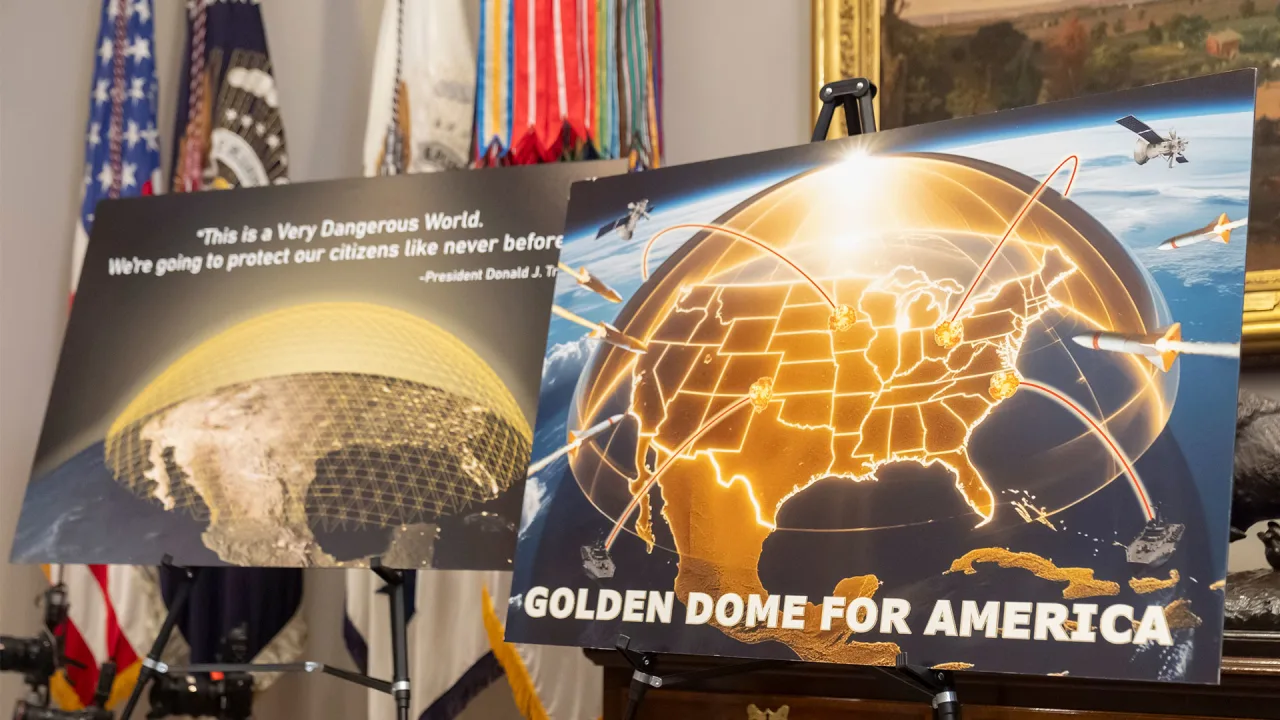






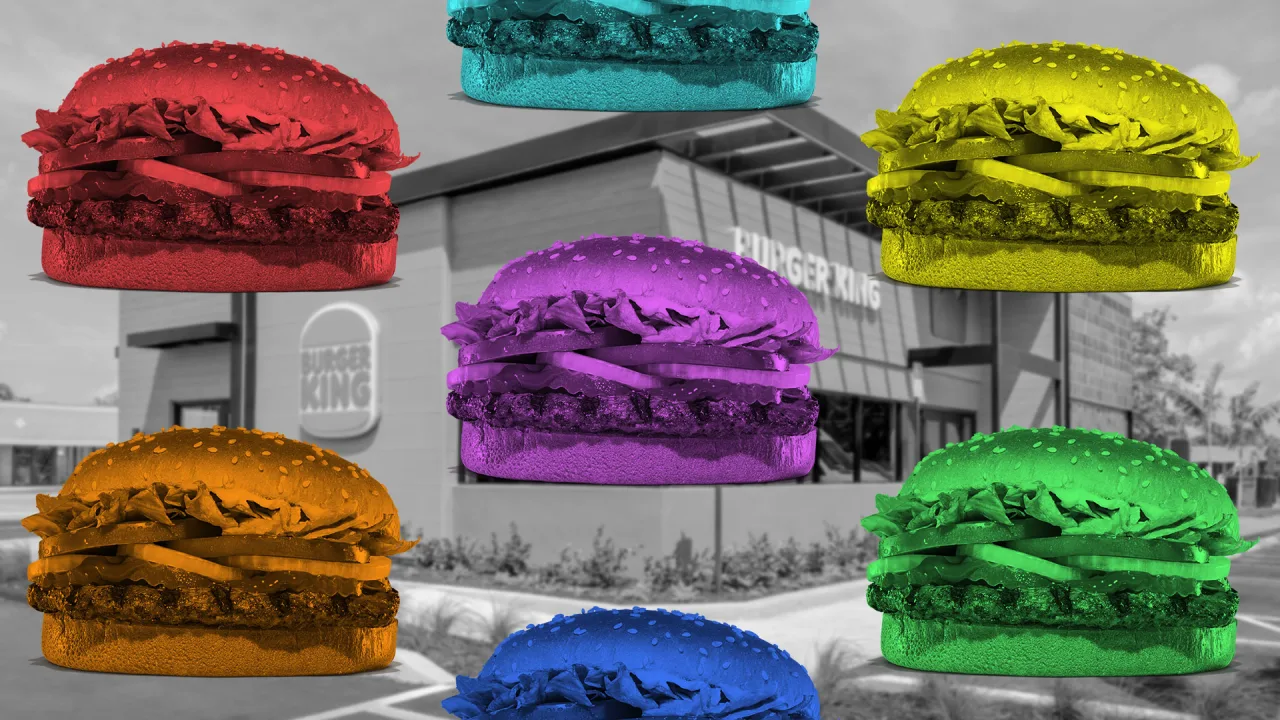
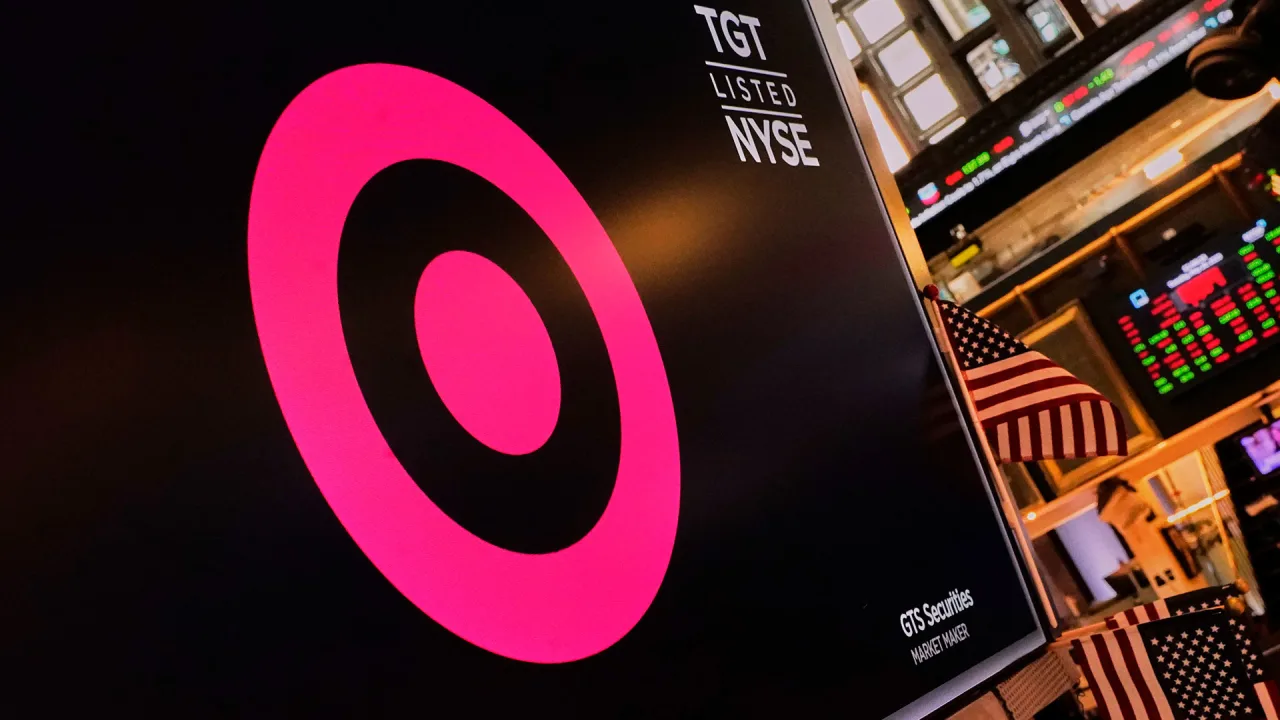




















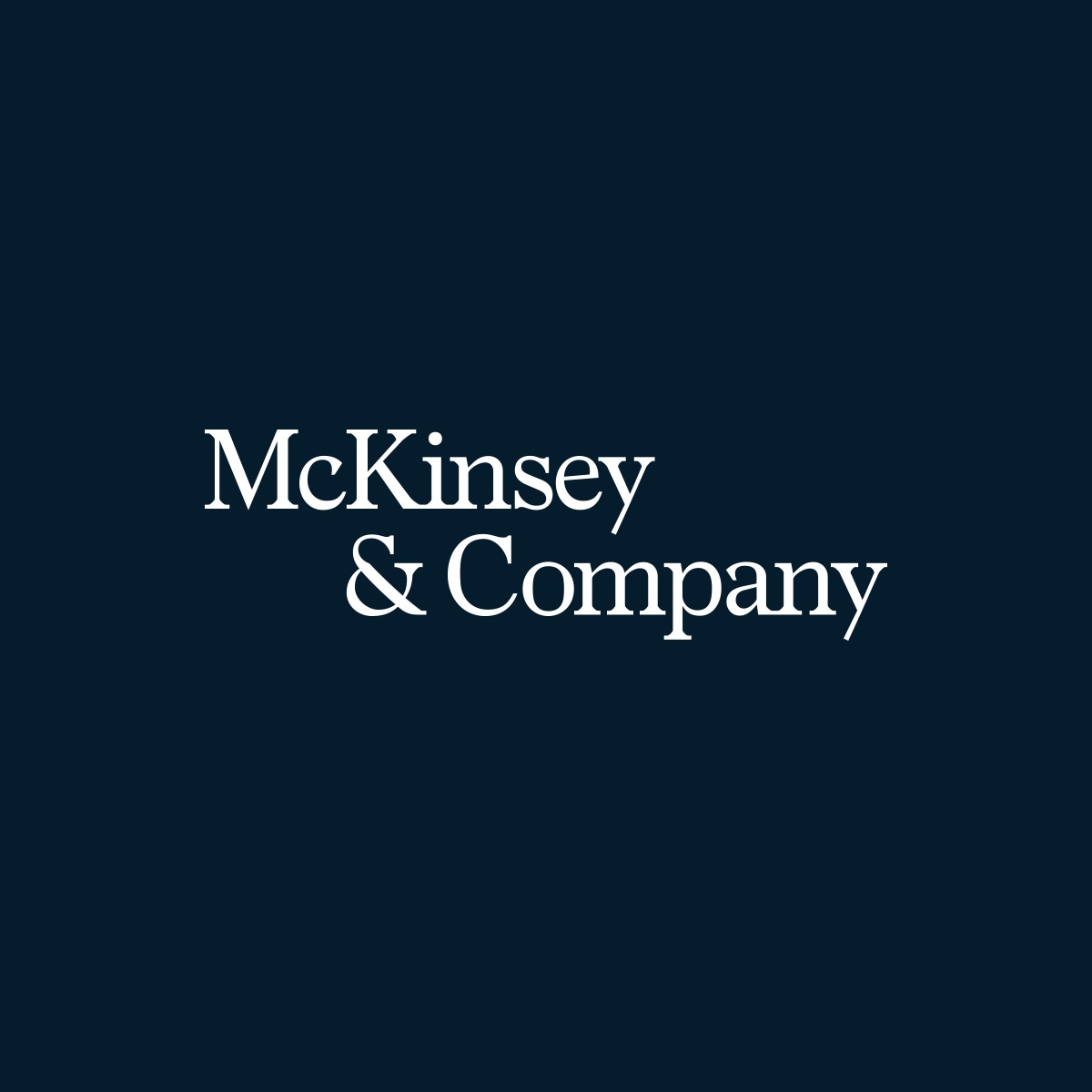








































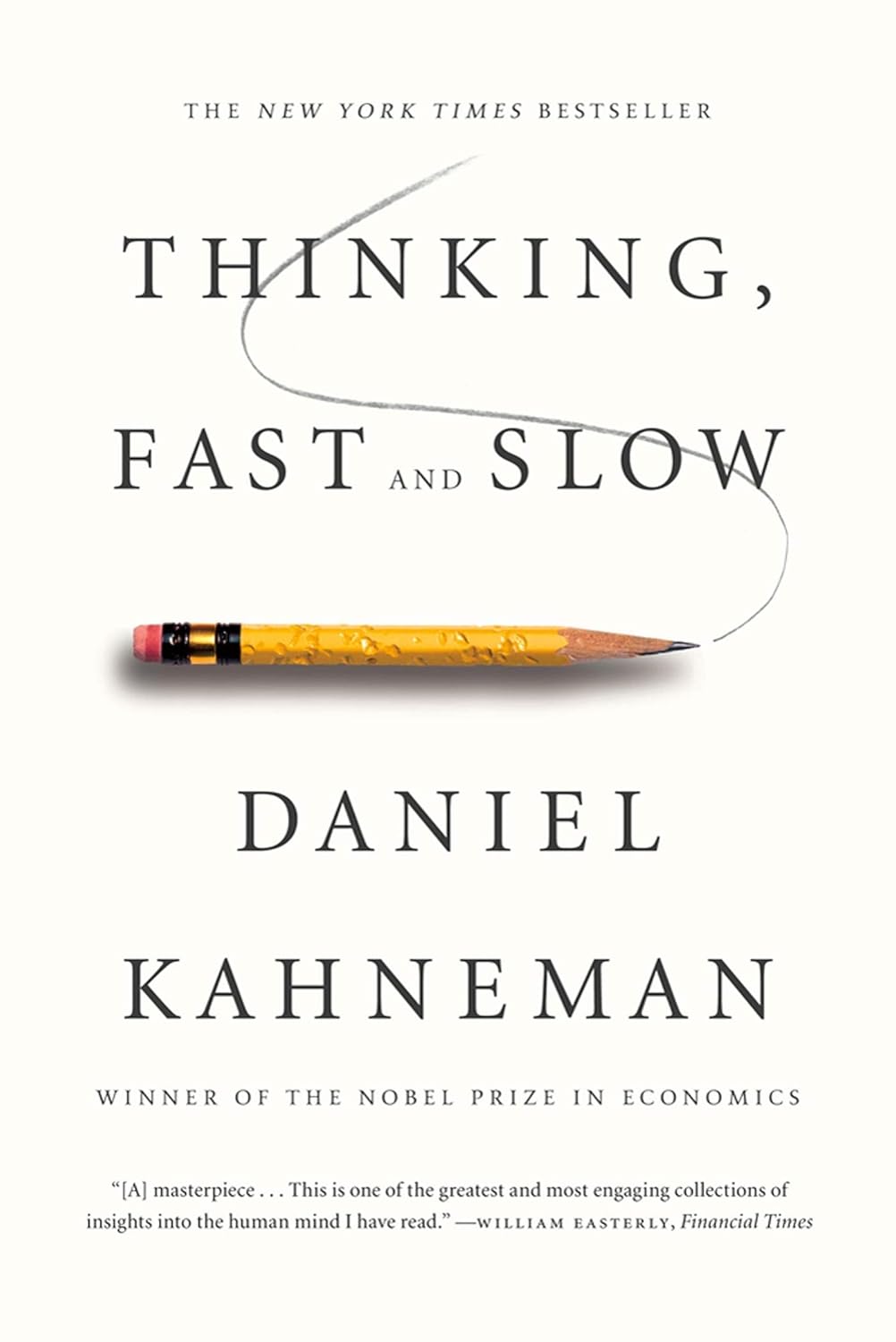



















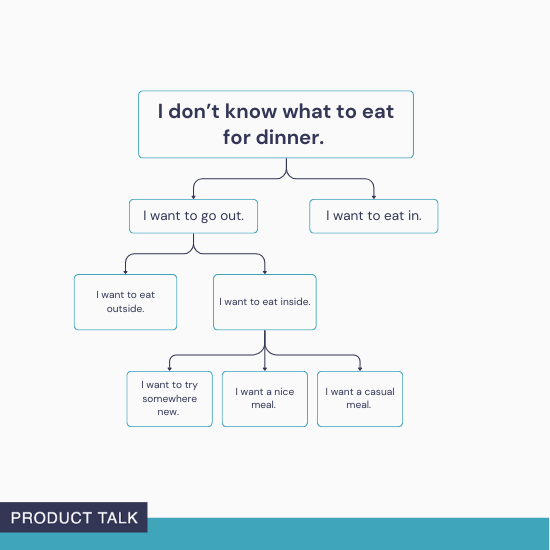

















![Building A Digital PR Strategy: 10 Essential Steps for Beginners [With Examples]](https://buzzsumo.com/wp-content/uploads/2023/09/Building-A-Digital-PR-Strategy-10-Essential-Steps-for-Beginners-With-Examples-bblog-masthead.jpg)



















































